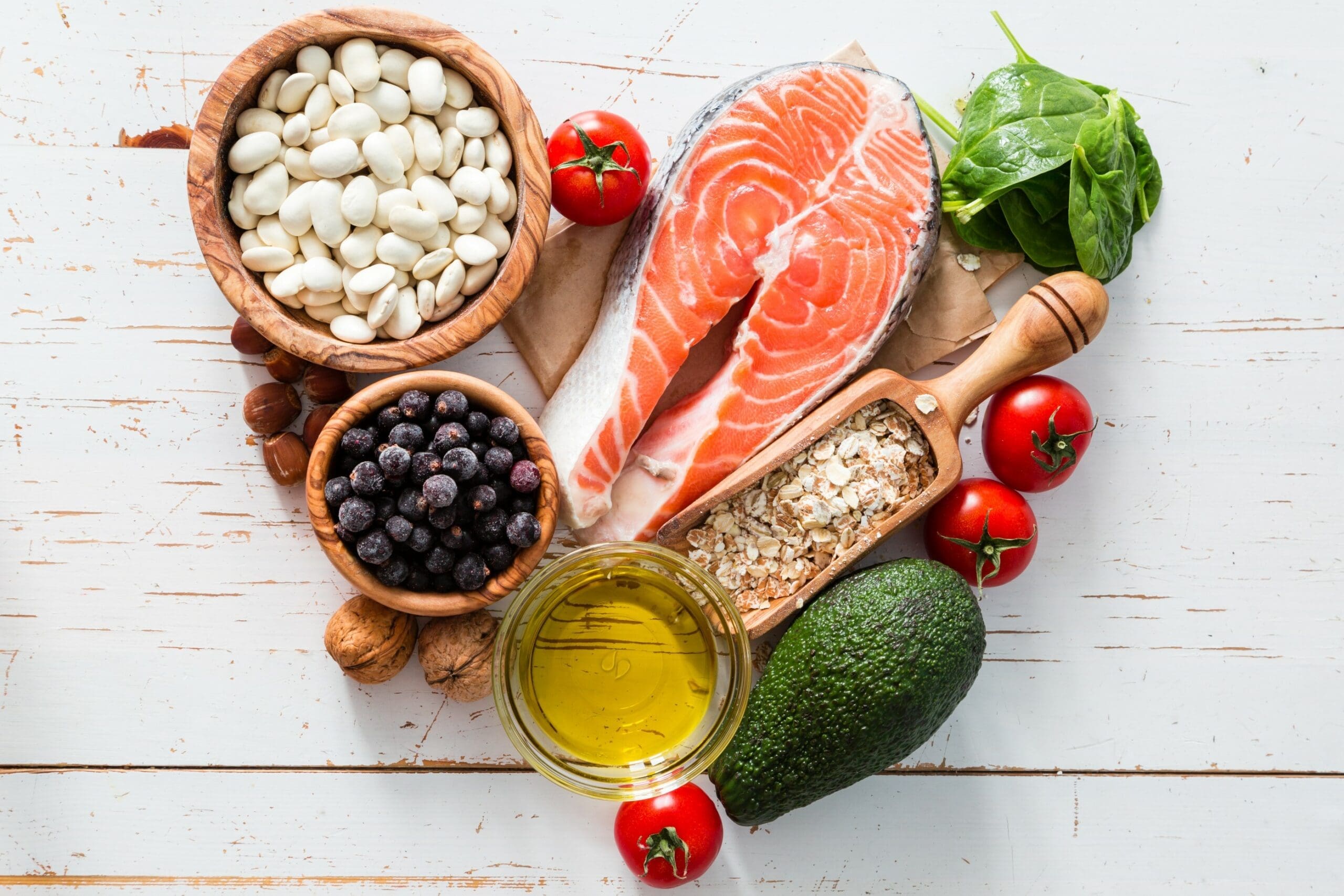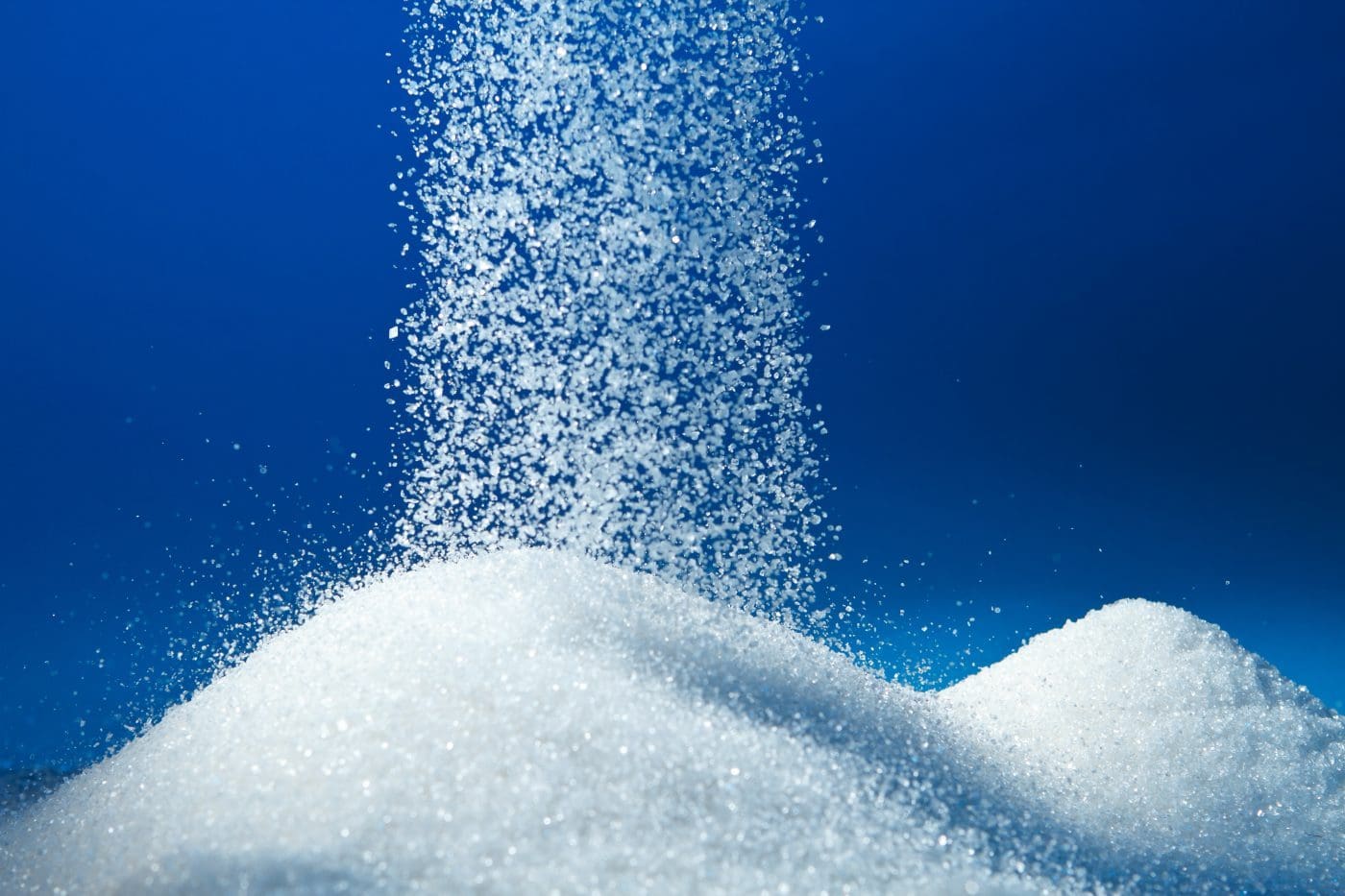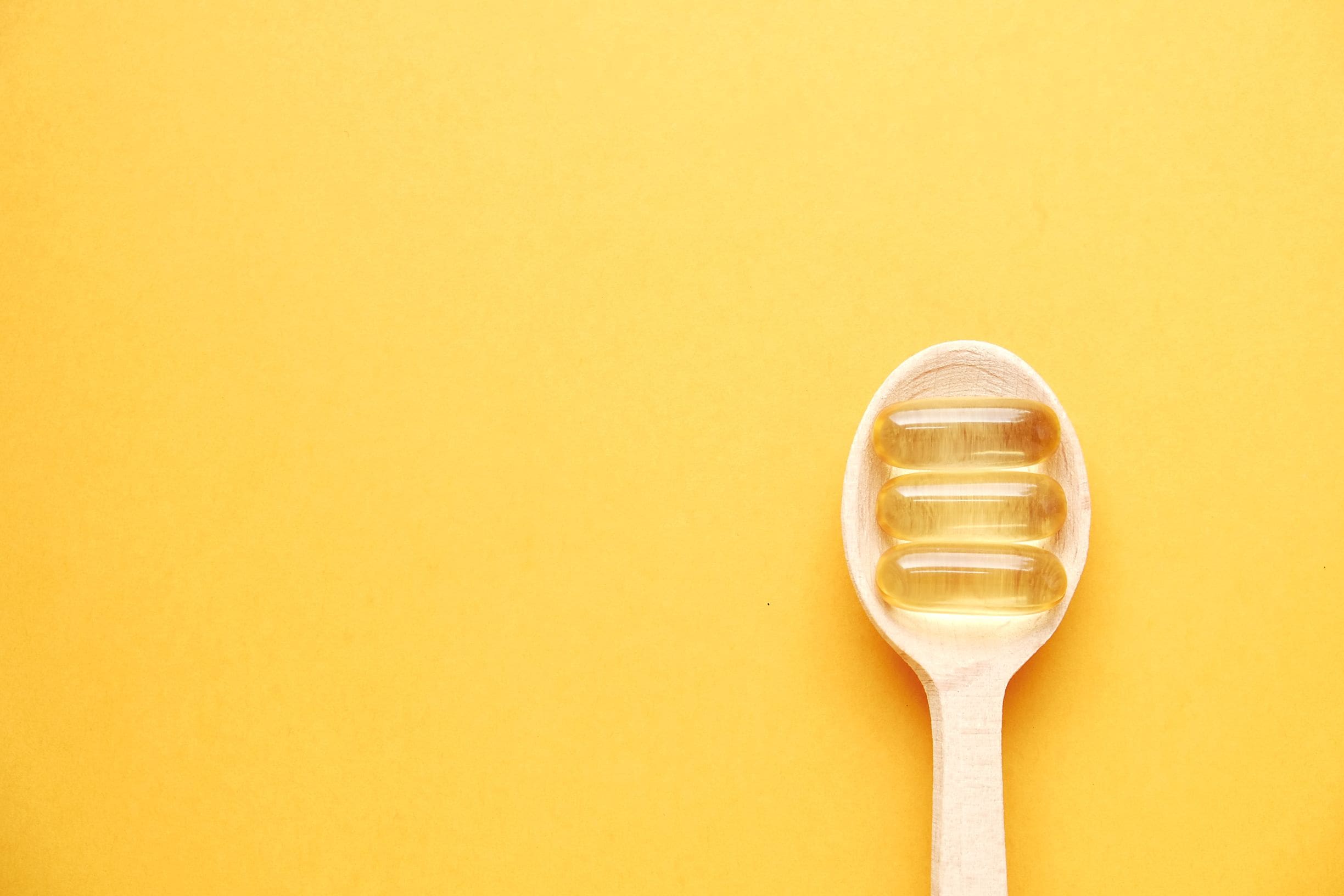A new study follows the development of Alzheimer’s disease in a range of countries that have very different eating patterns, this is what they found.
nutrition
Is the business diet bad for the heart?
Researchers have looked at the typical dietary patterns that are adopted in the corporate world and found that this style of eating may increase risk of heart disease.
The benefits of home cooked meals
The convenience of eating at a restaurant, picking up fast food or having pre-prepared meals delivered to your doorstep is tempting however is it bad for your health?
Can a bad diet affect your immune system?
A bad diet is another form of malnutrition and research has now uncovered why obesity and a junk food diet impairs the functions of the immune system.
Is it genes or lifestyle that affects your health?
Have we overestimated the impact genes have on our overall health? New research suggests that this may be the case.
Is butter bad for you?
Butter has long been on the list of foods to eat less of in order to maintain good heart health, but is butter as much of a health concern as originally thought? New research suggests not.
Sugar and sugar cravings
Our consumption of free sugar has tripled since 1960, with soft drinks, energy drinks, fruit juice and cordial the most significant sources. The World Health Organization recommends free sugars be less than 10% of your total energy intake – that’s 6 teaspoons per day for women and 9 teaspoons for men.
Can fish oil supplements help depression?
Researchers conducted clinical trials to find out if omega-3 fatty acids in fish oils helped ease symptoms of depression and whether fish oil supplements could be taken as a replacement for other treatments of depression.
What makes a meal healthy?
Researchers look at what components make food healthy and how the consumer determines what food is healthy. This is what they found.
Does salt promote over-eating?
When you can’t stop at one. Sensory researchers from Deakin University recruited 48 healthy adults to look at whether salt leads to passive over-eating, this is what they found.







